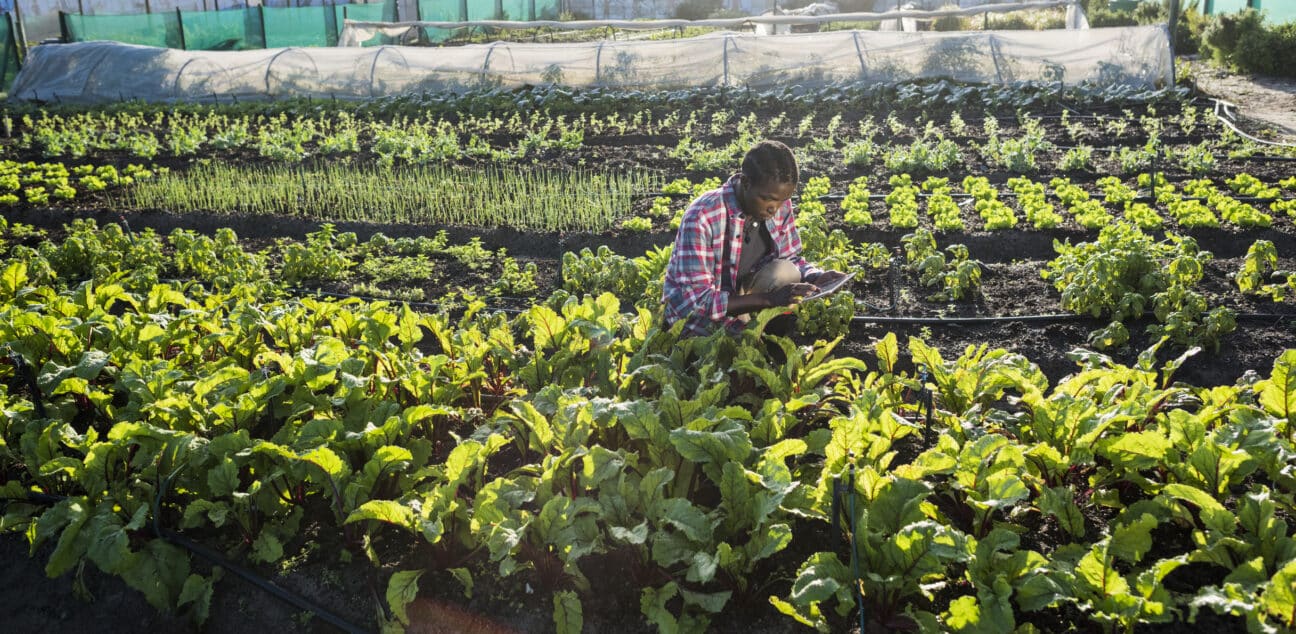Future of jobs and livelihoods in 2030-2035: workshop materials
The world of work is changing radically, with profound implications for livelihoods around the world.
Use these materials to run workshops to explore what the future of livelihoods could be for developing and emerging economies in 2030-2035.
In our four provocations for positive future livelihoods in 2030-35, you will explore how trends such as automation, artificial intelligence and climate change could transform existing livelihoods and stimulate the creation of entirely new ones. They provide partial glimpses to stimulate you to think into the future.
Provocations for future positive livelihoods in developing and emerging economies
- Hyper-frugality
- The companionship industry
- The Earth recovery business
- The gig economy, as if people mattered
These provocations can be used to:
- Generate ideas for future strategy, policy and interventions
- Look for opportunities for collaboration to increase your impact
- “Future proof” current strategies and prioritise work
- Promote long-term thinking and planning
The tools
- Films. We’ve bought each of the four provocations to life in a very short film. They’re a great way to get people to engage with the issues and consider the implications.
- Downloadable leaflets for each provocation, to support group work. These contain detailed personas and “signals of change” – examples of how these futures already starting to manifest themselves in the present.
- Posters of the provocations, for display in a workshop environment
- A video of a short trends presentation that provides background context for the future provocations, which you can see below
- A downloadable workshop plan so you can run a session using these materials with others
- The report of the workshop held on 1st December.
For more information, or advice on how you could use the provocations, please contact Kathy Peach or James Goodman.
Kathy and James will be discussing visions for the future of livelihoods at the Bond Conference in February 2018. Check out the full programme here.

